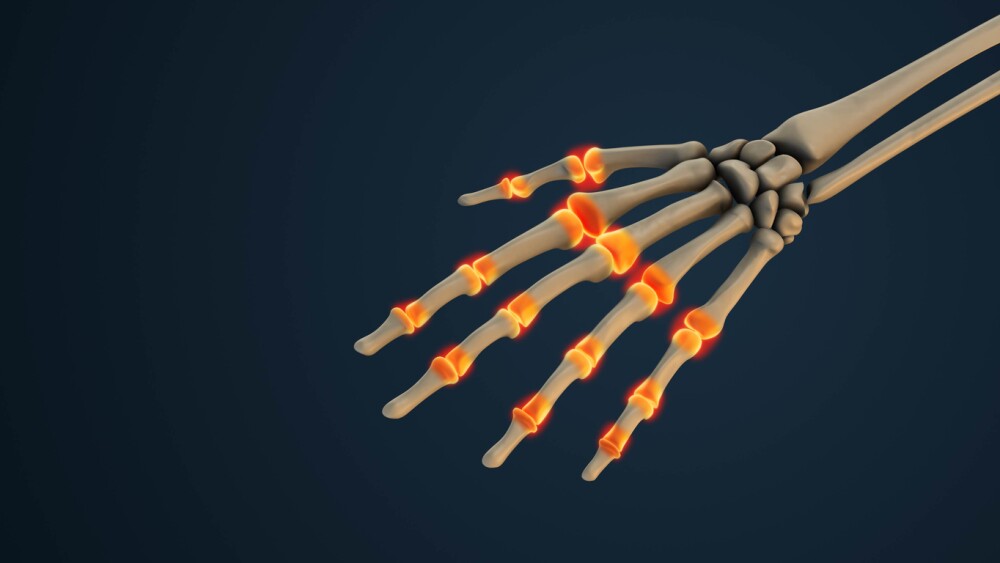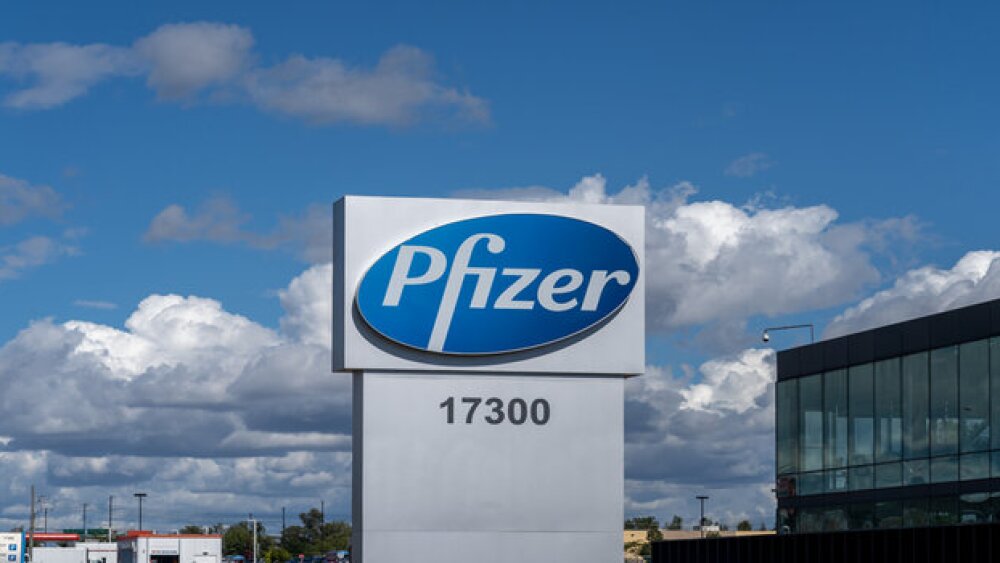Horizon Discovery (Horizon) today announced it has entered into a world-wide exclusive patent licensing agreement with the, University of Torino relating to the novel use of human isogenic cell-lines in predicting the response of drugs targeted at the genetic make-up of individual cancer patient populations.
The discoveries that led to the invention were made by scientists at the Department of Oncological Sciences, University of Torino Medical School. The invention relates to the use of panels of precisely engineered isogenic human cell-lines that accurately model one or more genetic mutations seen in cancer patients. The models have been shown to predict clinical outcomes of cancer patient populations to novel treatments targeted at specific genetic defects. Applications relating to modeling patient drug resistance mechanisms and patient stratification have been reduced to practice. The new inventions embodied in the licensed patent will underpin existing and new service and license offerings of Horizon.
Dr Chris Torrance, CEO of Horizon Discovery says “The key to generating such patient-relevant and predictive disease models is the precise targeting of defined endogenous genes using highly efficient homologous-recombination techniques such as GENESIS™; Horizon’s own gene-engineering platform. This new IP covers the use of endogenous gene-targeted human disease models generated via homologous recombination methodologies, in numerous aspects of targeted and personalized drug discovery; including clinical trial selection and the identification of drug combination therapies to overcome inherent or acquired genetic-based patient resistance. In future all of Horizon’s X-MAN™ products and screening services will be provided with an extended license to employ these new inventions”.
“Professor Alberto Bardelli, from the Department of Oncological Sciences says “Evidence is now incontrovertible that many patients in cancer trials will not be responsive to novel targeted-treatments, however it is also becoming clear that genetic features can be defined in specific patient populations that clearly predict whether they will respond, or not. This was exemplified by our and others work on mutated K-Ras, which imparts resistance to EGFR-targeted agents in colon cancer; and now both the EMEA and FDA mandate genetic testing prior to treatment. Targeted therapy, along with companion diagnostics will enable cost-effective ‘personalized’ medicine to be applied in the future; and X-MAN models will have a key role in defining new drug sensitivity and resistance mechanisms as well as finding rational combination therapies that reverse resistance for testing in the clinic”
Under this agreement, Horizon will pay the University of Torino undisclosed fees and will assume the prosecution and sub-licensing control of the patent estate. The license came into effect on August 1st 2009.
The discoveries that led to the invention were made by scientists at the Department of Oncological Sciences, University of Torino Medical School. The invention relates to the use of panels of precisely engineered isogenic human cell-lines that accurately model one or more genetic mutations seen in cancer patients. The models have been shown to predict clinical outcomes of cancer patient populations to novel treatments targeted at specific genetic defects. Applications relating to modeling patient drug resistance mechanisms and patient stratification have been reduced to practice. The new inventions embodied in the licensed patent will underpin existing and new service and license offerings of Horizon.
Dr Chris Torrance, CEO of Horizon Discovery says “The key to generating such patient-relevant and predictive disease models is the precise targeting of defined endogenous genes using highly efficient homologous-recombination techniques such as GENESIS™; Horizon’s own gene-engineering platform. This new IP covers the use of endogenous gene-targeted human disease models generated via homologous recombination methodologies, in numerous aspects of targeted and personalized drug discovery; including clinical trial selection and the identification of drug combination therapies to overcome inherent or acquired genetic-based patient resistance. In future all of Horizon’s X-MAN™ products and screening services will be provided with an extended license to employ these new inventions”.
“Professor Alberto Bardelli, from the Department of Oncological Sciences says “Evidence is now incontrovertible that many patients in cancer trials will not be responsive to novel targeted-treatments, however it is also becoming clear that genetic features can be defined in specific patient populations that clearly predict whether they will respond, or not. This was exemplified by our and others work on mutated K-Ras, which imparts resistance to EGFR-targeted agents in colon cancer; and now both the EMEA and FDA mandate genetic testing prior to treatment. Targeted therapy, along with companion diagnostics will enable cost-effective ‘personalized’ medicine to be applied in the future; and X-MAN models will have a key role in defining new drug sensitivity and resistance mechanisms as well as finding rational combination therapies that reverse resistance for testing in the clinic”
Under this agreement, Horizon will pay the University of Torino undisclosed fees and will assume the prosecution and sub-licensing control of the patent estate. The license came into effect on August 1st 2009.




